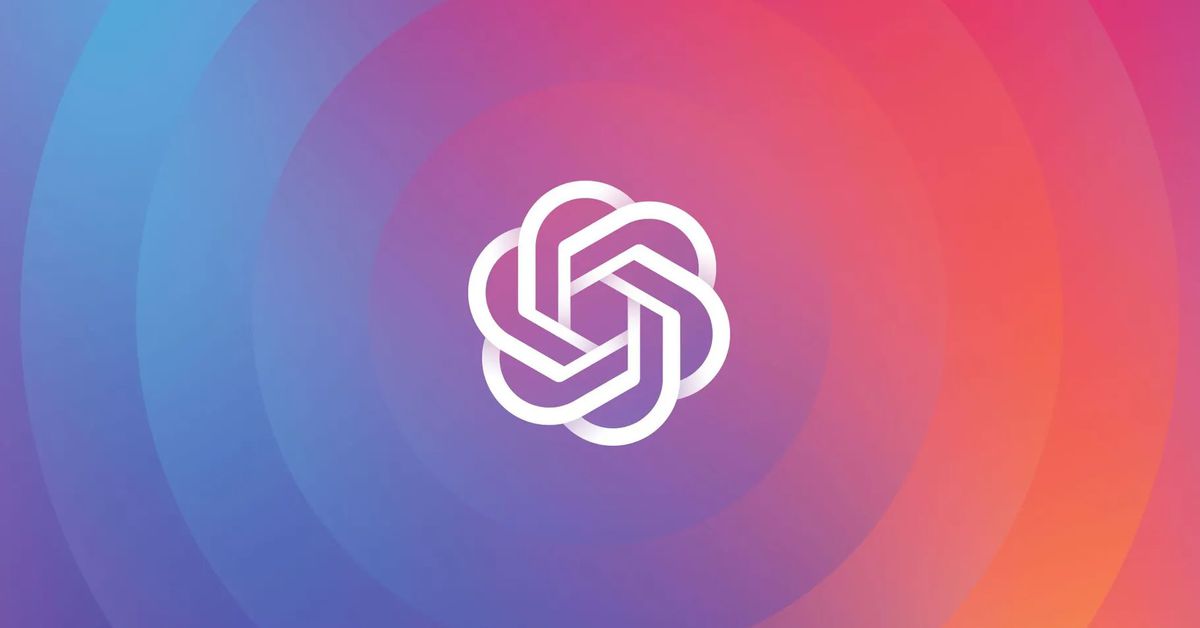OpenAI has publicly responded to a copyright lawsuit by The New York Times, calling the case “without merit” and saying it still hoped for a partnership with the media outlet.
In a blog post, OpenAI said the Times “is not telling the full story.” It took particular issue with claims that its ChatGPT AI tool reproduced Times stories verbatim, arguing that the Times had manipulated prompts to include regurgitated excerpts of articles. “Even when using such prompts, our models don’t typically behave the way The New York Times insinuates, which suggests they either instructed the model to regurgitate or cherry-picked their examples from many attempts,” OpenAI said.
OpenAI claims it’s attempted to reduce regurgitation from its large language models and that the Times refused to share examples of this reproduction before filing the lawsuit. It said the verbatim examples “appear to be from year-old articles that have proliferated on multiple third-party websites.” The company did admit that it took down a ChatGPT feature, called Browse, that unintentionally reproduced content.



Whether or not they “instructed the model to regurgitate” articles, the fact is it did so, which is still copyright infringement either way.
No, not really. If you use photop to recreate a copyrighted artwork, who is infringing the copyright you or Adobe?
You are. The person who made or sold a gun isn’t liable for the murder of the person that got shot.
The difference is that ChatGPT is not Photoshop. Photoshop is a tool that a person controls absolutely. ChatGPT is “artificial intelligence”, it does its own “thinking”, it interprets the instructions a user gives it.
Copyright infringement is decided on based on the similarity of the work. That is the established method. That method would be applied here.
OpenAI infringe copyright twice. First, on their training dataset, which they claim is “research” - it is in fact development of a commercial product. Second, their commercial product infringes copyright by producing near-identical work. Even though its dataset doesn’t include the full work of Harry Potter, it still manages to write Harry Potter. If a human did the same thing, even if they honestly and genuinely thought they were presenting original ideas, they would still be guilty. This is no different.